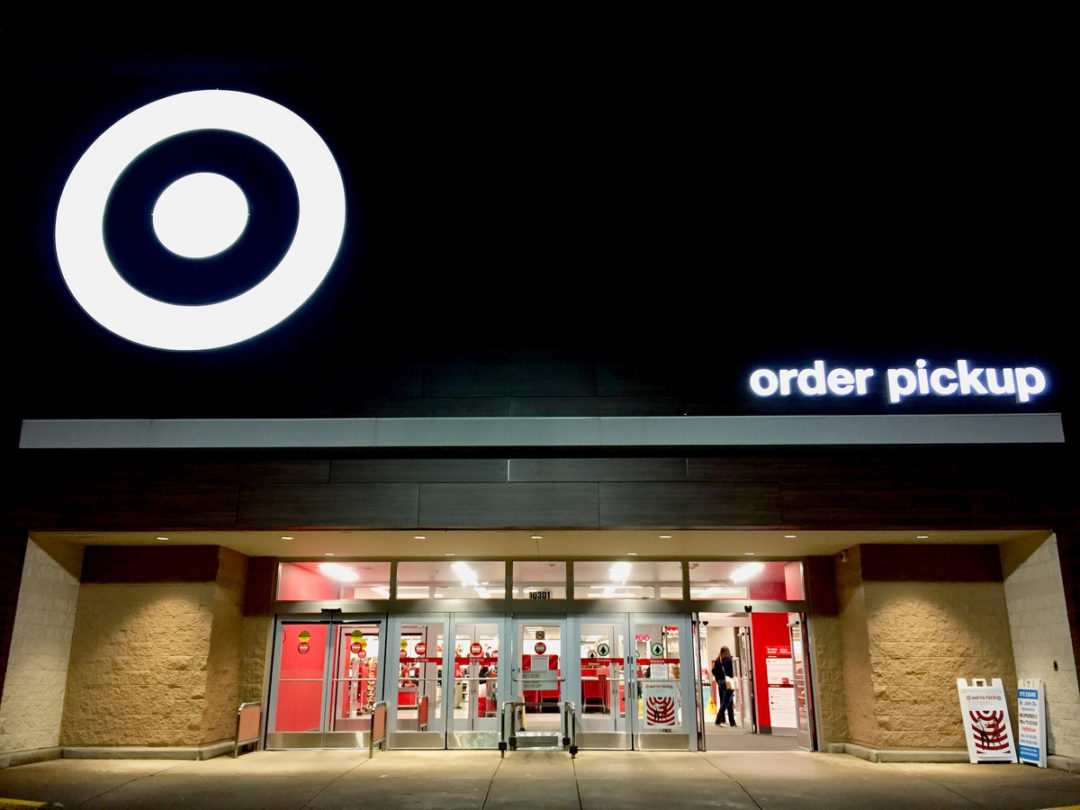
Visit Our Sponsors |
|
|
|
|
|
|
|
|
|
|
|
|
|
|
|
|
|
|
|
|
|
|
|
|
|
|
|
|
|
|
|
|
|
|
|
|
|
|

Many storefronts are no longer traditional brick and mortar. Instead, many of them are now digital and can only be accessed over the web. These e-commerce companies, and indeed omnichannel companies selling via multiple methods, need to keep up with new technologies to remain profitable. Technology like blockchain can improve tracking and tracing of products.
Multicarrier and multimode software that integrates with transportation management systems or warehouse management systems adds functionality and streamlines product flow. Centralized order management helps companies control inventory and order processing. These and other pieces of technology can help e-commerce and omnichannel companies compete in an increasingly digital marketplace.
Having an online presence is increasingly becoming a prerequisite to having a successful brick-and-mortar store. Think of major retailers like Target, Home Depot or Walmart. Each of these retailers is now an omnichannel company mainly selling in-store but also with a large digital presence. Many business owners are disregarding having a physical store in favor of having a digital storefront only. Successful companies like Amazon and Etsy prove this to be a viable strategy.
Americans are proven to be highly comfortable with shopping online, whether it be for a toothbrush or a new TV. In 2018, Statista reported that roughly 220.6 million Americans would shop online, a 5-million person increase from 2017. They predict that by 2021, 230.5 million people in the United States will shop online. With such a huge consumer base, companies need to equip themselves with the technology to keep their e-commerce or omnichannel supply chains flowing. They should drive their partners to use technology that can be integrated or stand-alone and configured to track from pool distribution to final mile. Within the next several years, successful companies will break away from the herd by implementing technology to speed up their supply chains and work with external partners more collaboratively.
Blockchain and automated intelligence (AI) have been hot topics in the supply chain industry. Blockchain and other tracking technology, including electronic logging devices (ELDs), RFIDs and mobile GPS, are helping companies maintain visibility to trucks and even individual orders. Customers expect to know where their product is and to be forewarned of any delays. Without leveraging a track-and-trace technology, you won’t be able to supply them with that information. AI will help companies make the best possible decisions every time and eliminate issues from human error.
It’s likely that the capacity crunch and driver shortage trends will only worsen as the quantity of individual e-commerce orders increases the need for final-mile shipping. Transportation management technology can help companies optimize their load-building processes through automation and order management to keep their final-mile operations moving smoothly.
E-commerce companies have endless final-mile destinations to ship to while omnichannel companies may choose to ship to end customers directly from their storefronts. These companies should leverage technology to automatically optimize routes and ensure trucks are as full as possible to keep costs manageable and customers happy.
The Outlook
Technology is already taking over our world, and the supply chain industry cannot remain unchanged. Things like drone delivery are on the horizon and will have major repercussions for the e-commerce industry. Did you forget a pen for that important meeting? Why run to the store when you can tap a button on your phone and have one essentially drop out of the sky? New transport modes such as hyperloop will likely be employed for high-speed transport.
Autonomous trucks will help to slacken the effects of the capacity crunch and digital orders placed by a customer may be automatically booked on a truck even before a 3-D printer customizes and prints the order. The trick will be getting enough companies using a single technology so that efficiencies can be gained. The future is certainly going to be full of technology. E-commerce and omnichannel companies should consider technology to be a fundamental aspect of their supply chains moving forward.
Dan Clark is founder and president of Kuebix.
RELATED CONTENT
RELATED VIDEOS
Timely, incisive articles delivered directly to your inbox.

